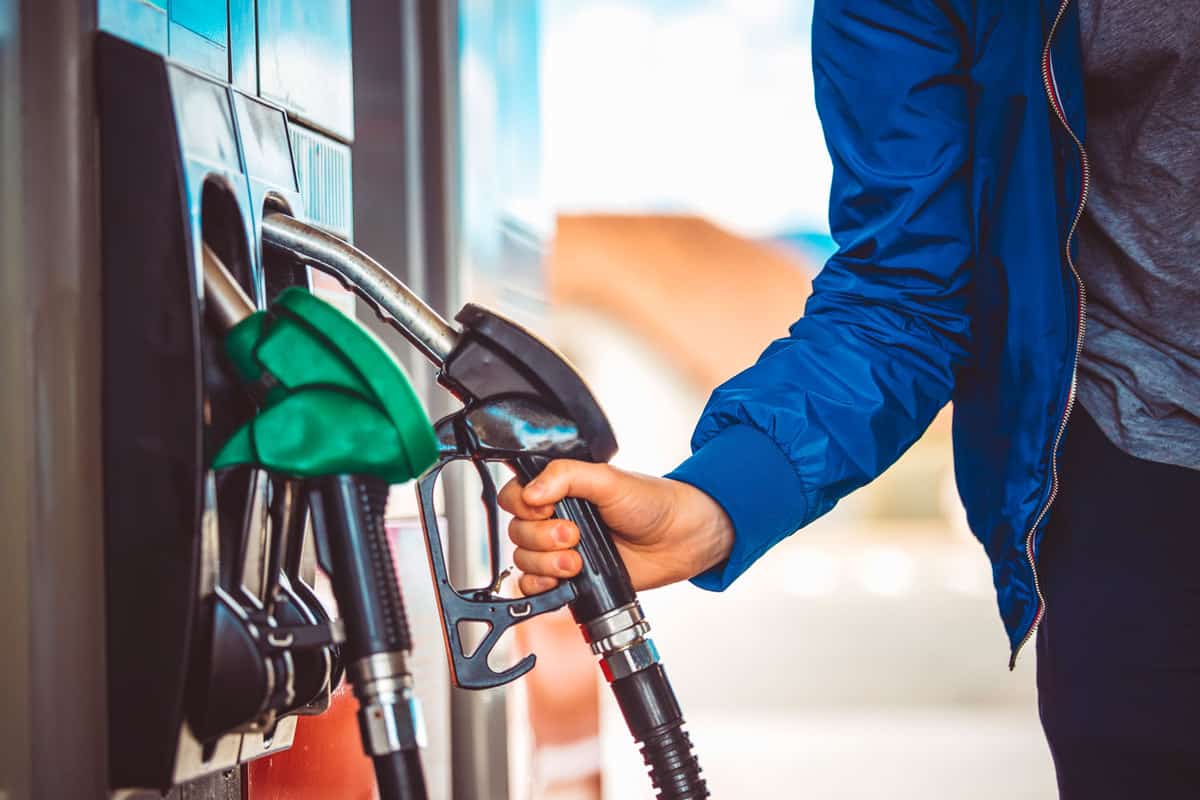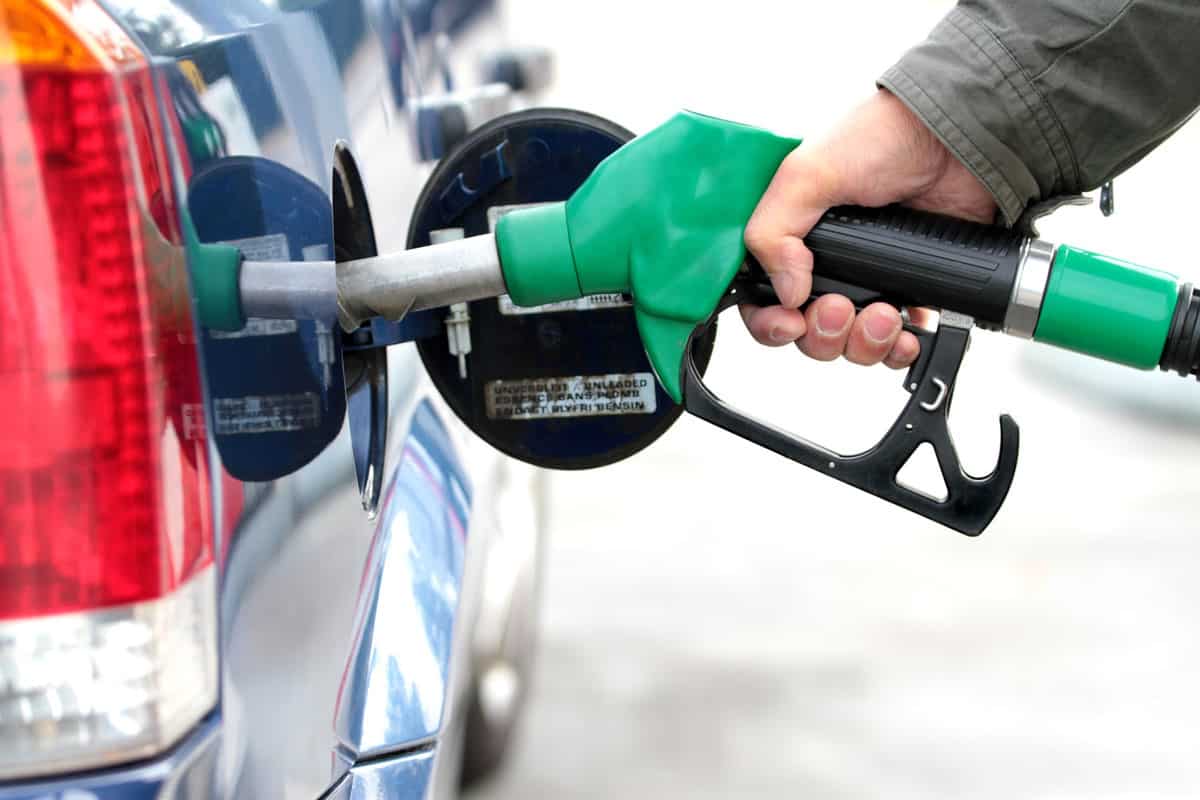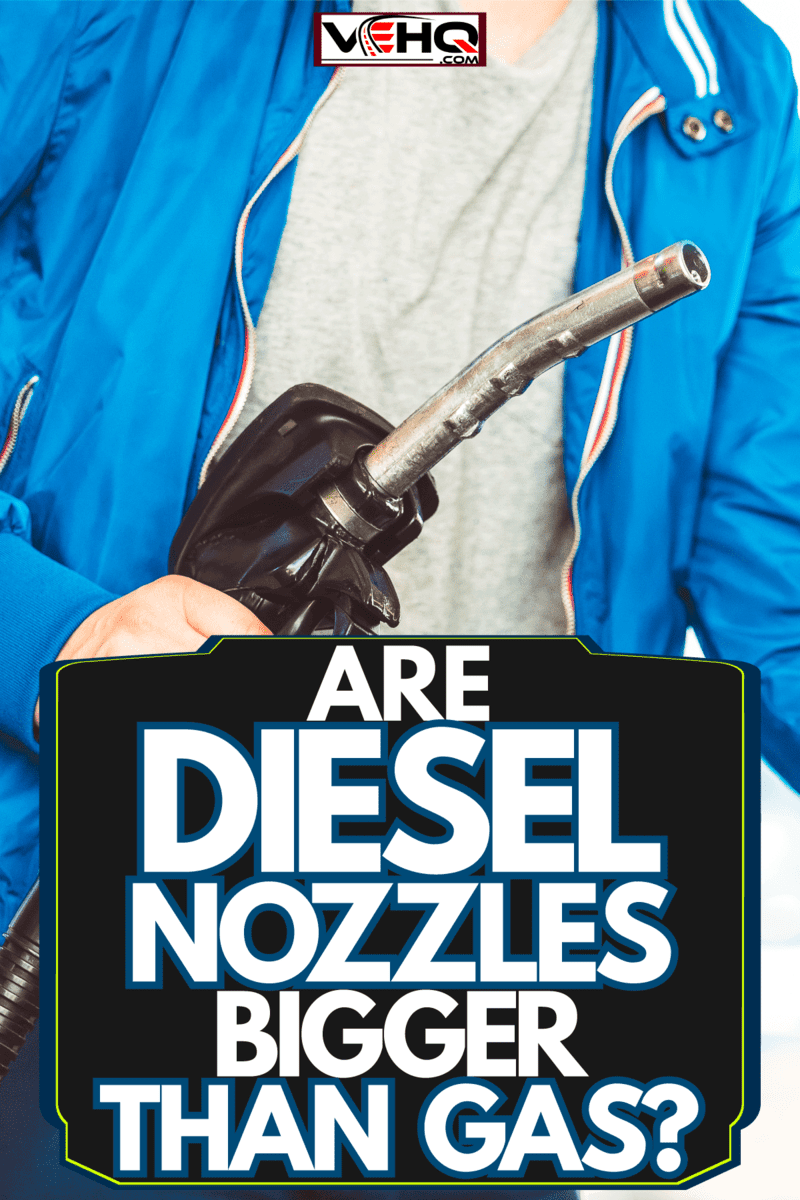When it comes to fueling up your vehicle, you may have wondered - are diesel nozzles bigger than gas? It's a common question for drivers filling up at the pump. In this article, we'll explore the answer to this question that many drivers have.
We'll look at the potential differences in size between diesel and gasoline pump nozzles. Understanding whether diesel nozzles are bigger can help prevent mistakes when fueling your vehicle. We'll also discuss the implications if a diesel nozzle is inserted into a gasoline car's tank opening.
By covering the question "Are diesel nozzles bigger than gas?" this article aims to inform drivers about nozzle sizes to avoid potential mishaps. Keep reading as we compare diesel and gasoline nozzle dimensions and explain why size matters when choosing the right fuel for your car or truck.
Are Diesel Nozzles Bigger Than Gas?
Typically, diesel nozzles are larger than gas nozzles. This size difference often makes it difficult to insert a diesel nozzle into a gas tank without some adjustments or modifications to the fuel system. However, there are smaller diesel nozzles, especially in the USA, that might fit into a gas tank.
If you drive a gas vehicle and try to use a diesel nozzle, you'll likely find that the nozzle won't fit. It's important not to force the nozzle into the tank. If you're unsure about the fuel type, it's always good to ask a gas station attendant for help. In some places, like Oregon, self-fueling is not allowed, which helps avoid such confusion.
To know the type of fuel, check the label on the fuel pump. Most diesel pumps are marked "Diesel Only," while gas pumps may say "Unleaded" or "Regular Unleaded." If the label is not clear, it's safer to ask for assistance rather than guessing, as using the wrong fuel can cause serious damage to your vehicle.

Variability in Diesel Nozzle Sizes
Diesel nozzle sizes vary. This can confuse people at the pump. The standard diesel nozzles are bigger. But some smaller diesel nozzles exist too, mostly in the U.S. These small diesel nozzles could fit into a gasoline car's tank opening.
Smaller diesel nozzles are for light trucks and cars. These could be close in size to gasoline nozzles.
This matters. Putting the wrong fuel in can lead to big repair bills. This happens if you put diesel in a gas engine. Drivers need to check nozzle sizes and labels. This prevents using the wrong fuel for the vehicle.
Knowing diesel nozzle sizes can stop mix-ups. Taking a moment at the pump to get the right nozzle saves money later.
The Fundamental Differences Between Gasoline and Diesel Fuel
Gasoline and diesel fuel are designed for different types of engines, and using them interchangeably can lead to serious vehicle issues.
Engine Type Compatibility: Gasoline is formulated for spark-ignition engines, commonly found in standard passenger vehicles. In contrast, diesel is intended for compression-ignition engines. The distinct ignition mechanisms between these engine types mean that using the wrong fuel can result in engine damage or failure.
Misfueling Risks: Inserting gasoline in a diesel engine or vice versa can cause significant harm. Gasoline's lower ignition temperature compared to diesel can lead to premature detonation in a diesel engine. Over time, using the wrong fuel can degrade engine components, leading to costly repairs.
Ethanol Content: Typically, gasoline may contain up to 10% ethanol, which helps reduce emissions and enhance octane ratings. Ethanol is less common in diesel fuel but can be blended to improve engine performance and reduce certain emissions. However, the presence of ethanol can also present challenges like phase separation and volatility, affecting both gasoline and diesel engines.
Fuel Efficiency: Diesel fuel is denser than gasoline, providing higher energy content per gallon. This usually translates to better fuel efficiency in diesel engines. On the other hand, ethanol-blended gasoline contains about 30% less energy per gallon compared to pure gasoline, impacting fuel economy.
Potential Corrosion and Wear: Though not highlighted in the initial text, certain fuel additives or contaminants could potentially lead to corrosion or increased wear on engine components. It's crucial to use the correct fuel to maintain the longevity and performance of your vehicle.
Catalytic Converter Impact: The initial information mentioned potential damage to the catalytic converter when using the wrong fuel. While the reviewed sources didn't validate this claim, it's plausible that misfueling could affect the catalytic converter, which is essential for reducing harmful emissions.
Can A Bit Of Diesel Damage A Gas Engine?
Yes, even a small amount of diesel can cause problems. For instance, if you accidentally get some diesel in your gas tank and then fill it up with regular gas, the diesel can mess up the gas.
Diesel is thicker than gas, which makes it hard for the gas vehicle to pump it through, according to JD Power. The thick diesel can block the fuel filter and fuel injectors.
Diesel is different from gas and can make the gas engine run poorly or even stop running. It can also reduce your car's speed and gas mileage. If you think there might be diesel in your tank, here are some signs:
- Trouble starting the car after filling up.
- The engine doesn't start at all.
- The car idles roughly, loses power, or the engine stops because of the mixed-up fuel.
If you notice these signs, you should get your fuel tank cleaned right away. You might also need to replace the fuel filter and parts of the injection system.

What To Do If You Put Diesel In Your Gas Car By Mistake?
- Don't Start the Car: If you put diesel in your gas car, don't start the engine. Starting the car will make the problem worse.
- Call A Tow Truck: Get a tow truck to take your car to a trusted mechanic or car repair shop.
- Act Quickly: The faster you get the diesel out of your gas car, the better. You'll have less damage to fix.
- Tell The Mechanic: If you can, tell the mechanic how much diesel you think you put in. It can help them fix your car faster.
- Be Careful Next Time: When you're at the pump, pay attention. Make sure you're putting the right fuel in your car to avoid problems.
Can 1 Gallon Of Gasoline Damage A Diesel Engine?
Even a small amount of gasoline can harm a diesel engine. Bell Performance states that just 1% of gasoline mixed with diesel can lead to engine damage. The danger arises not instantly but once the engine operates, as the gasoline alters the fuel's combustion characteristics.
Initially, your vehicle might seem to run fine, but issues can emerge over time. For instance, the engine may stall or stop running, especially if other additives are present in the fuel.
Different diesel engines react differently to gasoline contamination. High-pressure common rail fuel injectors in some diesel engines might be more sensitive compared to others with basic pump systems.
The effects of gasoline in diesel engines include lowered flash points leading to premature ignition, potential damage to the fuel injection system, and adverse impacts on the engine's internal components.
It's essential to address any fuel mix-up promptly to prevent extensive engine damage.

Is Misfueling Covered By Insurance?
Most insurance policies exclude damages from misfueling, as noted by 4 Auto Insurance Quote. The car owner must use the right fuel. Although you could inquire with your insurer, misfueling claims are typically not supported.
Being cautious while refueling is crucial. It's easier to misfuel diesel vehicles as gasoline nozzles fit. Always ensure you're using the correct fuel for your vehicle.
Final Thoughts: Ensuring Correct Fueling
In summary, nozzle size alone isn't reliable for fuel type. Check the label on pumps to confirm diesel or gasoline.
If you put the wrong fuel in by accident, act fast. Contact a tow truck to take your vehicle to a shop. Towing will cost money. But it can stop bigger repair bills later.
Driving with the wrong fuel can seriously damage the engine and parts. Taking a moment to get the right fuel saves hassles and repairs.
Be attentive when fueling. A pause to ensure the correct fuel keeps your vehicle running smoothly.
If you like this article, you might also like:
Does Traction Control Use More Gas?
5 Of The Best Fuel Injector Cleaners For Diesel Engines
We would love to hear from you! So leave us a comment below!

